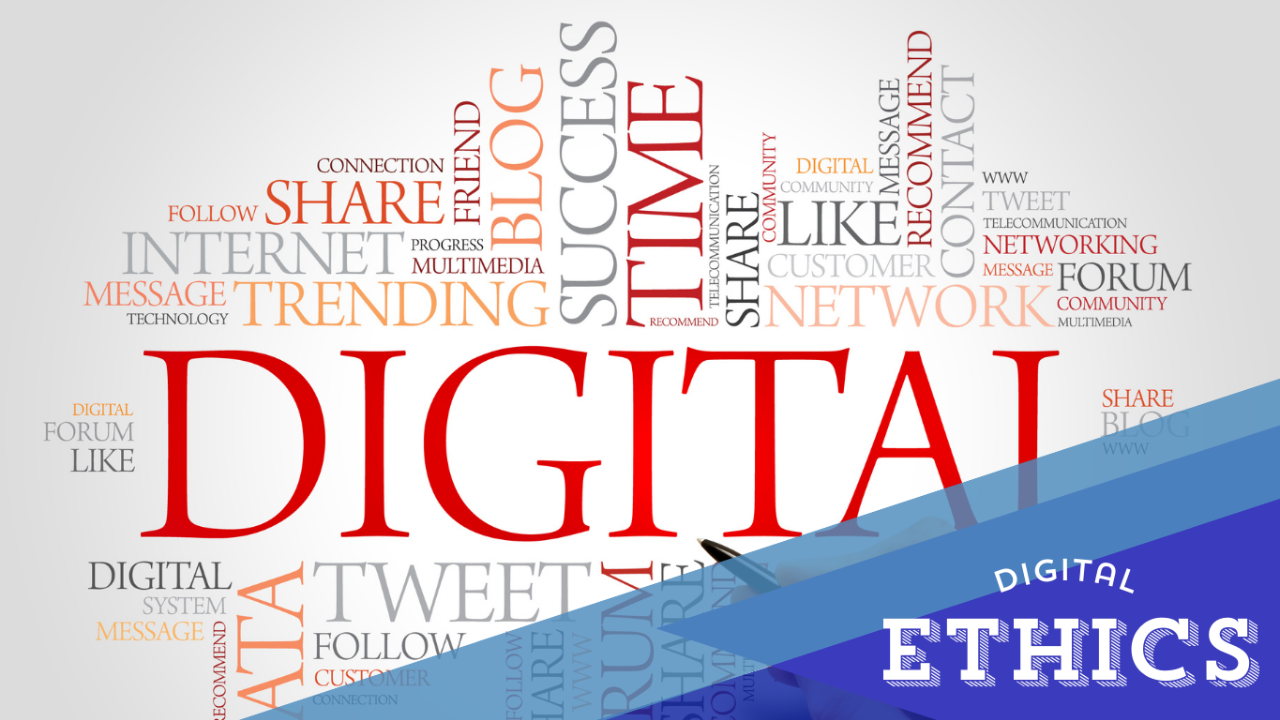The Thin Balance: Ethical Leadership in the Digital Age
Jul 28, 2024
Defining Ethical Leadership and Its Importance Today
In light of evolving digital breakthroughs, ethical leadership has become more crucial than ever. Ethical leadership is the practice of leading an organization in a manner that respects the rights and dignity of all stakeholders. It involves making decisions that are not only beneficial to the organization but also to society at large. In the digital age, where technology can both solve and create problems, ethical leadership is essential to navigate the complexities of innovation and ensure that technological advancements contribute positively to the world - at least most of it.
Digital Transformation: Challenges and Opportunities in the Digital Age
The digital age brings with it a plethora of opportunities for innovation, efficiency, and growth. However, it also presents significant challenges that ethical leaders must address. Digital transformation involves integrating digital technology into all areas of a business, fundamentally changing how organizations operate and deliver value to customers.
+ Opportunities - examples:
- Increased Efficiency: Automation and AI can streamline processes, reducing costs and increasing productivity.
- Improved Decision-Making: Big data analytics provide insights that can drive strategic decisions.
- Enhanced Customer Experience: Digital tools can create more personalized and engaging customer interactions.
- Challenges- examples:
- Job Displacement: Automation can lead to job losses, requiring leaders to find ways to reskill and upskill their workforce.
- Cybersecurity Risks: Increased connectivity and data sharing heighten the risk of cyber attacks.
- Data Privacy: Collecting and using large amounts of data raises concerns about privacy and consent.
Ethical Considerations: Data Privacy, Cybersecurity, and Digital Ethics
Ethical leadership in the digital age involves addressing several key issues - among many others:
Data Privacy: Leaders must ensure that their organizations handle data responsibly. This includes obtaining consent from users, being transparent about data usage, and protecting data from breaches.
Cybersecurity: Protecting the organization's digital assets from cyber threats is a critical responsibility. Ethical leaders must invest in robust cybersecurity measures and foster a culture of vigilance and resilience against cyber attacks.
Digital Ethics: This encompasses a wide range of issues, including algorithmic bias, the digital divide, and the ethical implications of AI and machine learning. Leaders must ensure that their use of technology does not perpetuate inequalities or harm vulnerable populations.
Balancing Power: Innovation and Ethical Practices
Balancing innovation with ethical practices is a delicate act that requires thoughtful leadership. Here are some strategies:
1. Develop Clear Ethical Guidelines: Organizations should have a clear set of ethical guidelines that govern the use of technology. These guidelines should be communicated to all employees and integrated into the decision-making process.
2. Foster a Culture of Accountability: Leaders should promote a culture where ethical considerations are part of everyday conversations. Encouraging employees to speak up about ethical concerns and rewarding ethical behavior can help reinforce this culture.
3. Engage with Stakeholders: Engaging with a broad range of stakeholders, including customers, employees, and the community, can provide valuable insights into the ethical implications of technological innovations.
4. Invest in Ethical Technology: Investing in technologies that promote transparency, fairness, and accountability can help organizations stay ahead of ethical challenges.
Case Studies: Examples of Ethical Leadership in Tech Companies
How major tech companies are addressing Ditital Ethics - eamples only:
Microsoft: Under the leadership of Satya Nadella, Microsoft has made significant strides in promoting ethical AI. The company has developed principles for responsible AI and established an AI and Ethics in Engineering and Research (AETHER) Committee to ensure these principles are upheld.
Salesforce: Salesforce, led by Marc Benioff, has integrated ethical considerations into its core values. The company emphasizes trust, customer success, and innovation, and has taken strong stances on social issues, including data privacy and equality.
Apple: Apple's commitment to user privacy under Tim Cook's leadership is a notable example of ethical leadership. The company has consistently prioritized user privacy, implementing strong encryption and advocating for privacy rights.
Key Takeaways and Future Trends
Ethical leadership in the digital age is about more than just avoiding negative consequences; it's about proactively creating positive impacts. By balancing innovation with ethical practices, leaders can ensure that their organizations not only thrive but also contribute to a better society.
Key Takeaways:
- Ethical leadership is crucial in navigating the complexities of the digital age.
- Leaders must address challenges such as job displacement, cybersecurity, and data privacy.
- Balancing innovation with ethical practices requires clear guidelines, a culture of accountability, stakeholder engagement, and investment in ethical technology.
Future Trends: As technology continues to evolve, the role of ethical leadership will become even more critical. Leaders will need to stay informed about emerging ethical issues, adapt to new challenges, and continue to foster a culture of integrity and responsibility.
For more insights on ethical leadership and digital transformation, visit the Value Creation Innovation Institute.
We have many great affordable courses waiting for you!
Stay connected with news and updates!
Join our mailing list to receive the latest news and updates from our team.
Don't worry, your information will not be shared.
We hate SPAM. We will never sell your information, for any reason.

